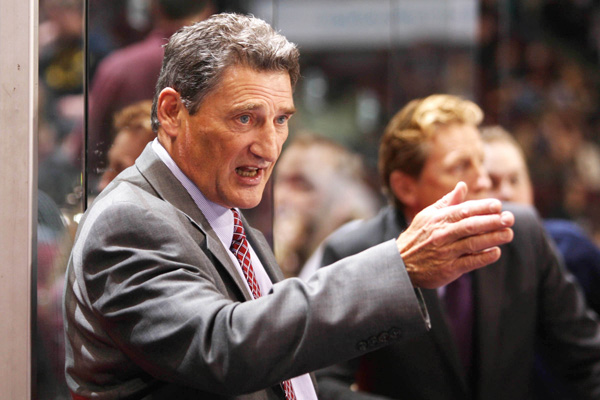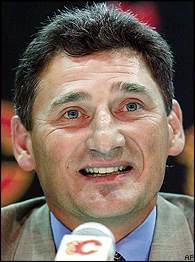Navigating the Coach-Player Relationship: Lessons from Both Sides of the Bench
May 02, 2025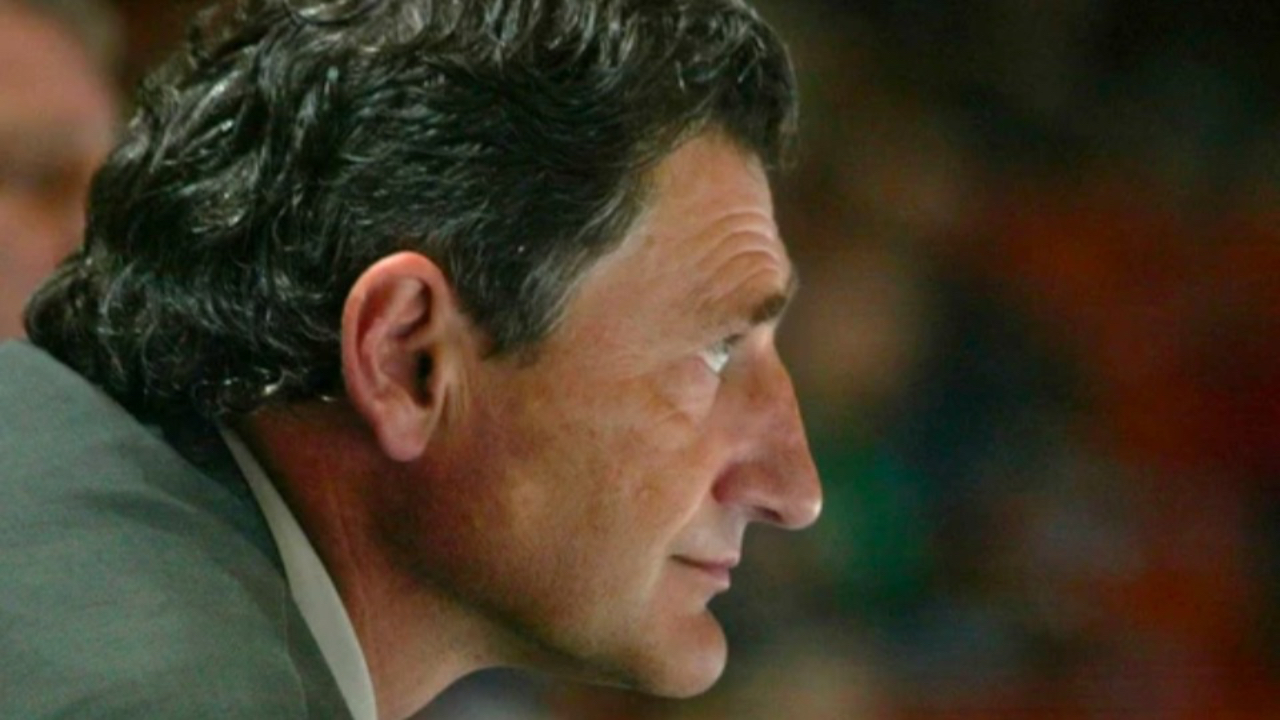
Coaches and players. The dynamic can range from mentorship and growth to frustration and misunderstanding. It’s a delicate dance, especially when a parent is wearing the whistle. As someone who grew up with my father, Don Hay—a man who has forgotten more about hockey than most will ever know—as my coach, I’ve experienced every facet of this relationship. From youth hockey through junior and even into the pro ranks, I learned firsthand what works, what doesn’t, and how to build a relationship that fosters development and success.
Whether you’re a player trying to make the most of your coach’s wisdom, a coach striving to connect with your team, or a parent balancing both roles, understanding the nuances of this relationship can be the difference between growth and frustration.
The Coach-Player Relationship: A Two-Way Street
The best teams aren’t just filled with talented players; they’re built on trust, communication, and accountability. A coach’s job is to push players to reach their potential, while a player’s job is to listen, apply, and grow. But like any relationship, it requires effort from both sides.
✔️ Coaches: Be demanding but fair. Set high standards but be consistent in how you enforce them. Players respect accountability when it's applied evenly.
✔️ Players: Accept hard coaching. It’s not personal; it’s about making you better. The best players don’t just hear their coaches—they listen.
✔️ Parents: Support, don’t intervene. Let the player and coach develop their own relationship. If concerns arise, address them appropriately (we’ll get into that later).
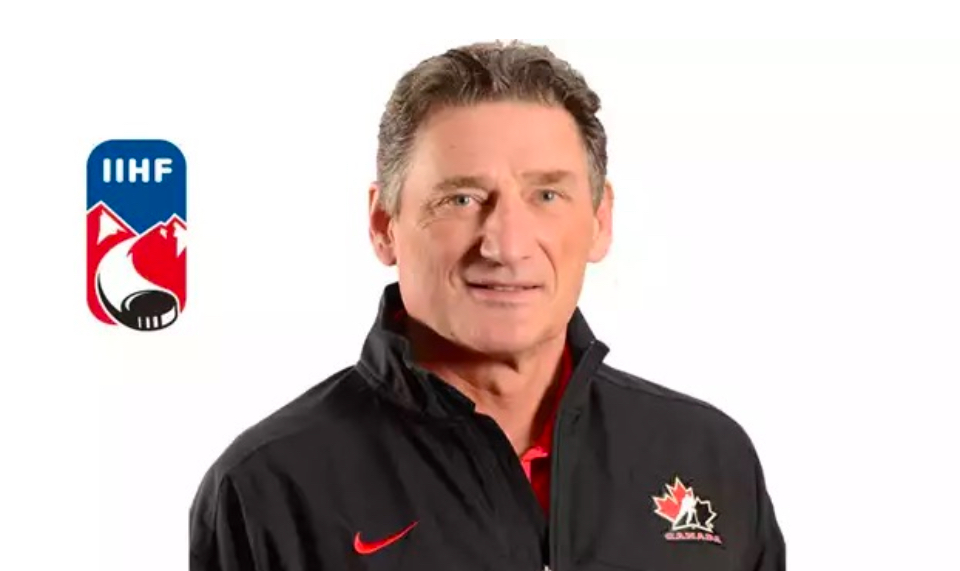
Coaching Your Own Kid: The Hat Trick of Challenges
Being a parent and a coach is not for the weak. The line between "Dad/Mom" and "Coach" is razor-thin, and keeping both roles separate is critical for family harmony and player development. I know this because I lived it—both as a player and now as a father myself.
Here’s what helped me navigate having my dad as my coach:
✅ Have a buffer. My youth coach John Bradley, junior coach Terry Bangen, and pro mentor Bob Bassen were all key figures who helped bridge the gap between my dad and me. A trusted assistant coach can be invaluable.
✅ Set clear expectations. When at the rink, your coach is your coach. When at home, your parent is your parent. The dinner table is not the place for lineup discussions.
✅ Create "off-ice" time. Watch a movie together, go out for food—anything but hockey talk. This preserves the parent-child relationship.
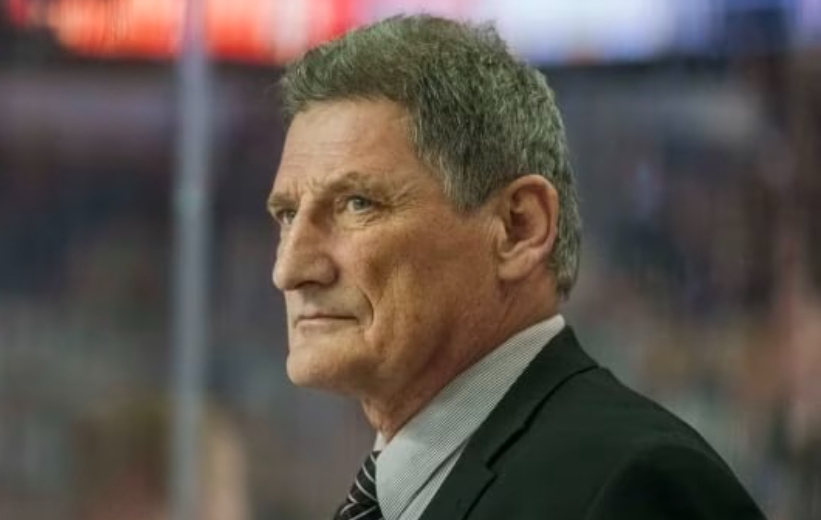
The Right Way to Talk to Your Coach (And When to Stay Quiet)
One of the biggest mistakes I see players and parents make is choosing the wrong time, place, and approach to talk to a coach.
🇺🇸 USA Hockey’s Advice on Parent-Coach Communication:
1️⃣ Avoid emotional conversations. Right after a game is not the time to storm into the coach’s office.
2️⃣ Encourage kids to advocate for themselves. Teach them to ask, “Coach, what can I do better?” instead of parents demanding, “Why isn’t my kid on the power play?”
3️⃣ Schedule meetings professionally. If there’s a real concern, reach out respectfully and request a time to discuss it.
Coaches want to develop players, but they also want players who take ownership of their development. If you want more ice time, earn it.
Billets & Support Systems: The Unsung Heroes
During my junior career in Tri-Cities, I lived with Jim and Carol Spracklen, who were nothing short of a second family to me. Billet families are crucial for young players moving away from home, offering stability, guidance, and a place to escape the pressures of the game.
Just as important as billet families are the people who support you before and beyond junior hockey. For me, that was my mom, Vicki—our family’s silent leader and the true glue that held things together. She played the ultimate middle lane drive between my dad and me—keeping us from throwing hands (and verbal ones, too) when our competitive fires clashed. She was the calm voice in the storm, the ever-present source of belief, patience, and perspective.
From youth hockey through juniors and all the way into my pro career, her support was steady and unwavering. Beside every great coach is a humble, supportive spouse, and my mom was exactly that—an incredible matriarch to the Hay family and a surrogate mother to countless junior players who ever needed advice, a safe space, or just a Ziploc bag of Mrs. Hay’s cookies on the bus. She made sure every kid felt seen, supported, and at home—no matter how far they were from theirs.
When navigating a tough coach-player relationship, having a strong support system—whether it’s family, billets, or mentors—is critical. And I was lucky enough to have them all.
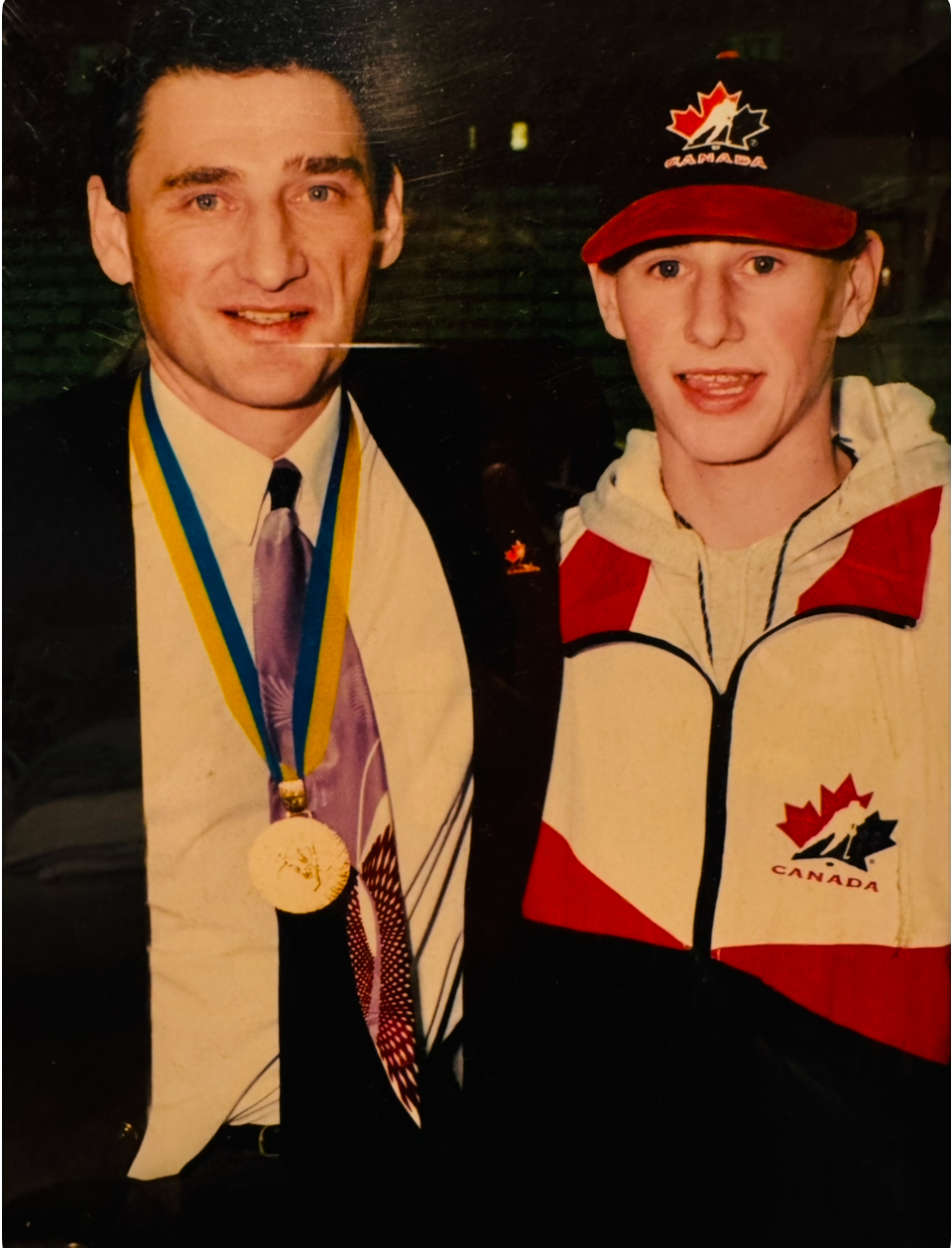
Why Coach’s Kids Have an Edge (And Why It’s Not Just Favoritism)
One of the most interesting observations across all sports is how many elite athletes have parents who were coaches. Bill Belichick was known for drafting players with coach-parents because he believed they developed a higher football IQ and a stronger work ethic.
Think about it:
✔️ They’ve heard coaching lingo since they could walk.
✔️ They’ve been exposed to higher-level strategy at an earlier age.
✔️ They’re often more receptive to hard coaching because they grew up around it.
It’s not about favoritism—it’s about exposure and experience.
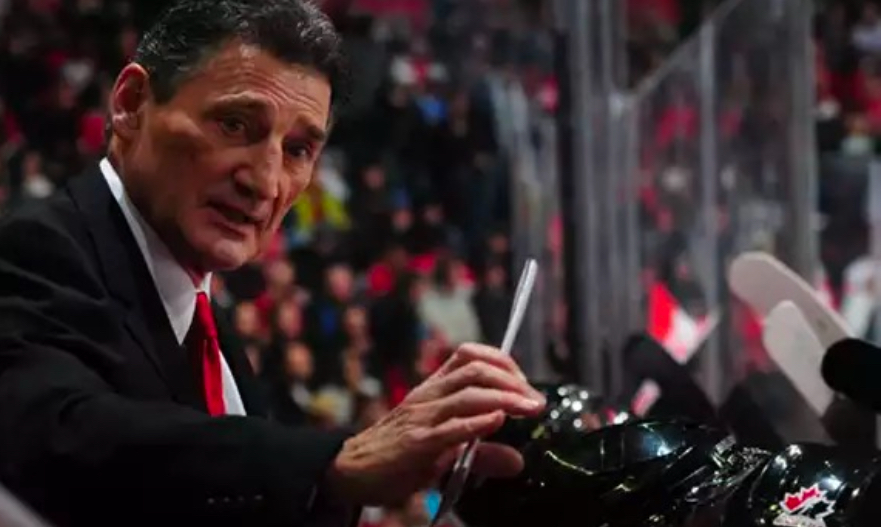
The Don Hay Factor: A Career Built on Winning and Developing Players
If there was ever a case study for how great coaching impacts development, Don Hay is it.
🚨 Western Hockey League’s all-time wins leader with over 750 victories.
🏆 Three Memorial Cups as a head coach (4 total), cementing his legacy as one of junior hockey’s best.
🥇🥉Two World Junior Championship medals as Team Canada’s head coach (gold and bronze).
🔥 Head coach of both the Phoenix Coyotes and Calgary Flames in the NHL.
🏒 Developed players like Scott Niedermayer, Darryl Sydor, Darcy Tucker, Jarome Iginla, Shane Doan, Milan Lucic, Brendan Gallagher, and Seth Jarvis—all NHL talents who learned under his leadership.
His philosophy was simple: show up ready to outwork everyone in the room and having an unwavering commitment to outcompete every opponent on the ice. Preparing the right way, building great habits, and mastering the details are what separate the good from the great.
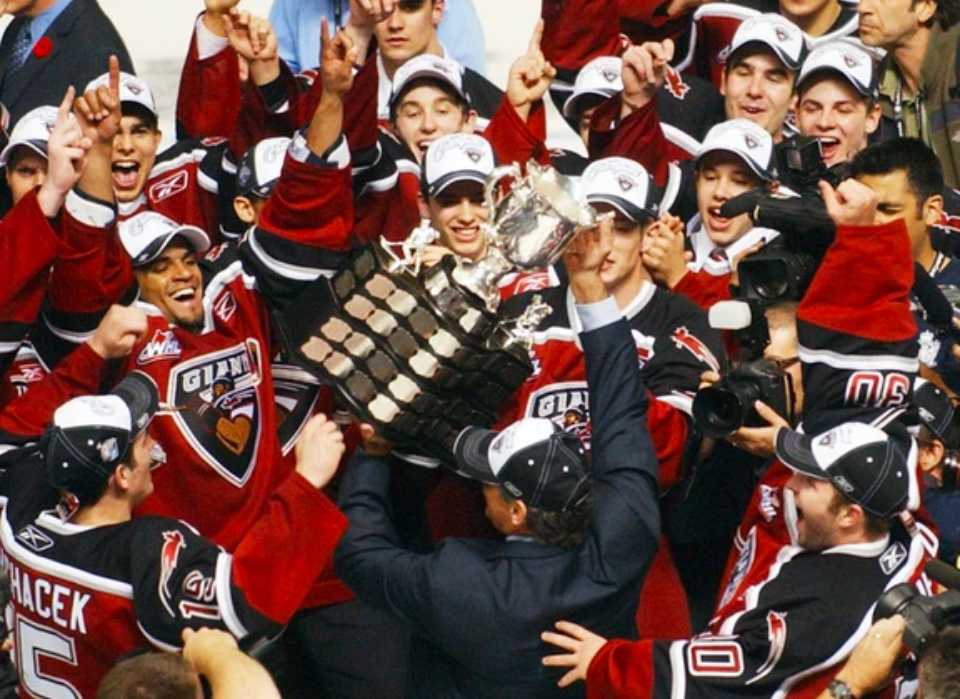
At the end of the day, the coach-player relationship is like any other—it thrives on communication, trust, and mutual respect. Players who embrace coaching improve. Coaches who invest in relationships build better teams.
If you're a player, be coachable. If you're a coach, be clear and consistent. If you're a parent, be supportive but let the player handle their own journey.
Hockey is a team game, and that includes the relationship between a player and their coach. Make it work, make it count. 🏒
About the Author:
Darrell Hay knows a thing or two about balancing the player-coach dynamic—his father, Don Hay, is the winningest coach in WHL history, a Memorial Cup legend, and one of the best developers of young talent in junior hockey. Whether Darrell was getting his butt kicked in a practice or being reminded that the dinner table was not the place for hockey debates, he learned firsthand what makes the relationship work. He firmly believes that if you want to argue ice time with your coach, you better not get caught missing curfew.

